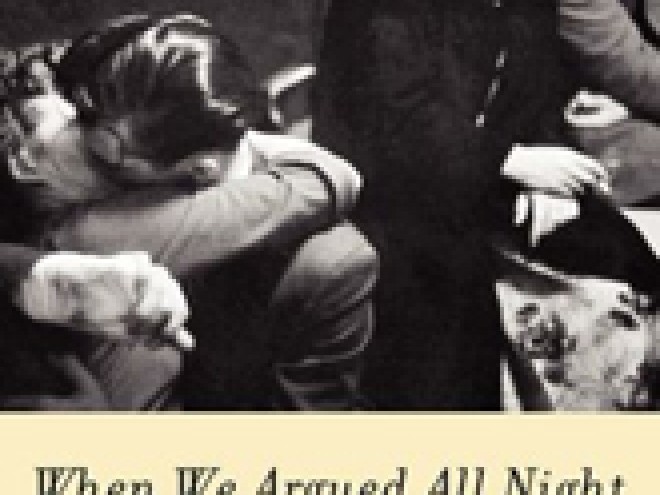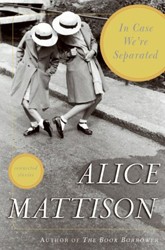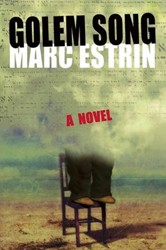Alice Mattison’s new novel explores the lifelong friendship between two men. It begins in 1936. Artie Saltzman and Harold Abramovitz are vacationing in a rustic cabin by a lake in the Adirondacks, and we observe how much they care for each other despite their differences and competitiveness. Artie starts out as a photographer interested in chronicling a Communist rally, while Harold is more curious about the ideals behind it and gets involved. The story unfolds through details of their lives in Manhattan and Brooklyn from World War II to the McCarthy and Vietnam eras and the ’60s and ’70s, right through to the new millennium. We learn about the two men’s characters through their various work and personal relationships and through telling dialogue with each other and with their wives and children. The settings are rendered beautifully, the pace is thoughtful and measured, and the plot and dialogue are about real-life situations of the times. Political and social opinions are passionately aired, often with painful fallout. Themes such as sexual freedom, politics, mental illness, unemployment, Jewish identity, pedagogy, gender roles, and parent and grandparenthood are all tackled fearlessly. While the plot is on the heavy side, I was impressed by Mattison’s sensitive writing and will seek out her previous novels.
Miriam Bradman Abrahams, mom, grandmom, avid reader, sometime writer, born in Havana, raised in Brooklyn, residing in Long Beach on Long Island. Longtime former One Region One Book chair and JBC liaison for Nassau Hadassah, currently presenting Incident at San Miguel with author AJ Sidransky who wrote the historical fiction based on her Cuban Jewish refugee family’s experiences during the revolution. Fluent in Spanish and Hebrew, certified hatha yoga instructor.




